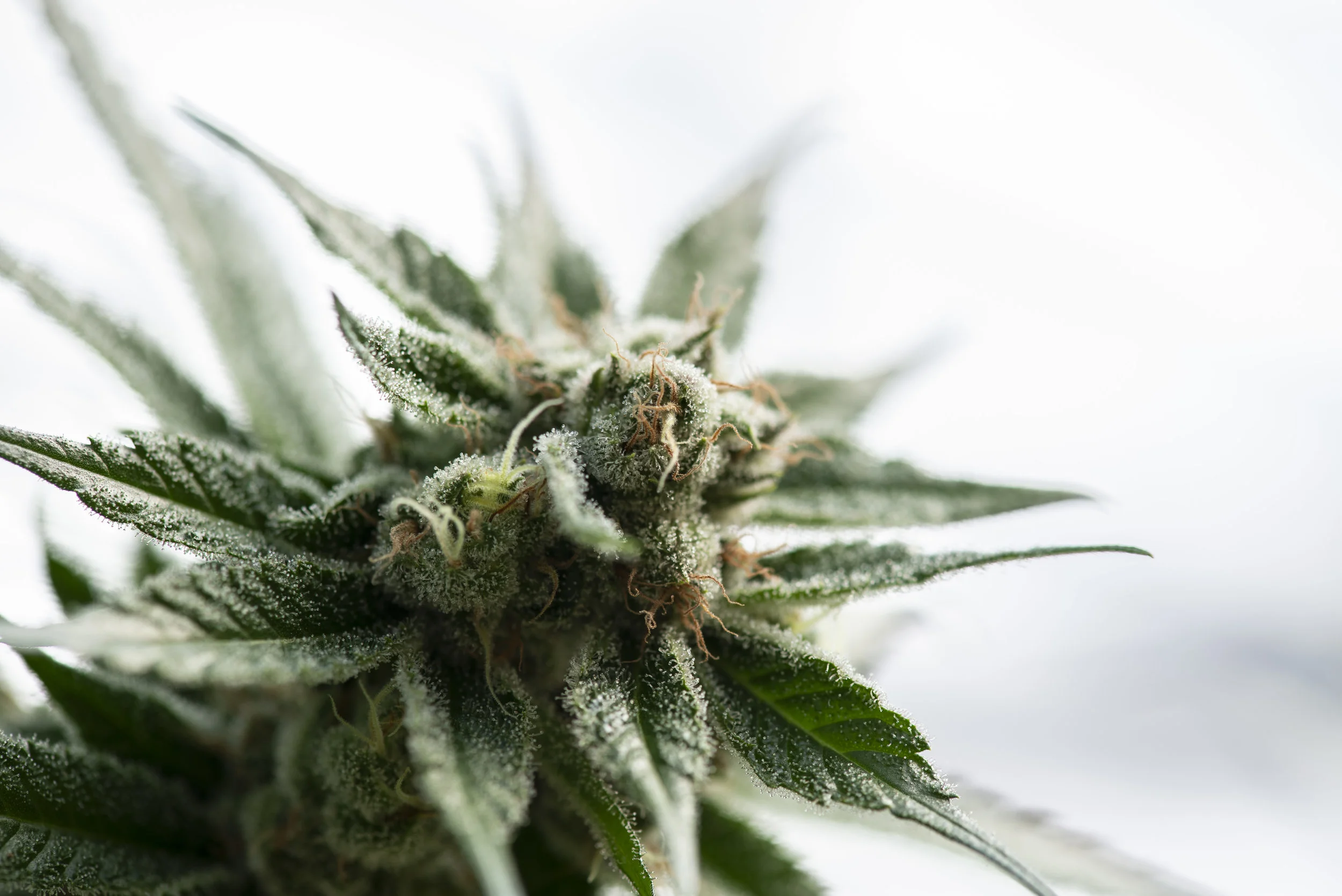The stimulation of dopamine release is why the intoxicating effects of THC are pleasurable to so many.
Read MoreThe culture of cannabis is changing rapidly along with new and innovative ways to use this plant-based medicine.
Read MoreThe stimulation of dopamine release is why the intoxicating effects of THC are pleasurable to so many.
Read MoreThis medicine, as with all medicines, deserves respect.
Read MoreFear and social attitudes have no place in well-done scientific studies. Unscientific enthusiasm for a widely used herb has no place in the science either.
Read MoreSome say cannabis helps pull them out of depression, and a few admit that they feel a bit more depressed if they use it. What is the real story of cannabis and depression?
Read MoreUsing THC every night to get good sleep may not work forever, or may require increasing doses to remain effective.
Read MoreCannabis does have effects on the immune system, and some promising research has raised hope for the use of cannabinoids to decrease auto-immune damage.
Read MoreCannabis has been used throughout history to treat the pain that comes with rheumatoid arthritis. Recent studies show that THC has pain reducing qualities, and both THC and CBD have anti-inflammatory effects.
Read MoreBased on Tam’s research, we can extrapolate that the most beneficial cannabinoid treatment for those with kidney disease might be cannabinoids that antagonize (block) CB1 receptors while stimulating CB2 receptors.
Read MoreALS (also known as Lou Gehrig’s Disease) is a fatal motor neuron disease, affecting an estimated 30,000 Americans. ALS causes the degeneration of nerves that control voluntary muscle movement, like those that allow us to chew, speak, and walk.
Read MoreNausea and vomiting are protective defense mechanisms in the human body, and short-term episodes can be therapeutic, though miserable. But what if nausea is not short-term? What if it is an unavoidable side effect, or chronic, with no relief in sight?
Read MoreCannabis as a treatment for glaucoma became known in the 1970s due to a few highly publicized case studies like that of Robert Randall, who was the first federally recognized medical marijuana patient with glaucoma in the United States post cannabis prohibition.
Read MoreIndica and sativa have become common terms in cannabis culture, but what do these words actually mean? And is that related to anything that they have come to refer to?
Read MoreWe know that cannabinoid receptors are particularly dense in the central nervous system, and while we do not yet completely understand all the mechanisms that explain the anti-seizure effects of cannabis, we do have theories.
Read MoreTo use the whole plant and all it has to offer, or to isolate the known active ingredients and package them as medicine? This is becoming a valid question as the medical cannabis industry grows.
Read MoreCachexia, or wasting syndrome, is defined by weight loss, muscle atrophy, fatigue, weakness, and loss of appetite in a person who is not actively trying to lose weight.
Read MoreHIV/AIDS patients use medical cannabis to treat pain, nausea, loss of appetite, anxiety, and depression.
Read MoreMultiple sclerosis (MS) is a chronic disease of the central nervous system (the brain and spinal cord). Cannabis has been identified as a promising treatment option for MS because it addresses symptoms as well as aspects of disease progression.
Read More



















